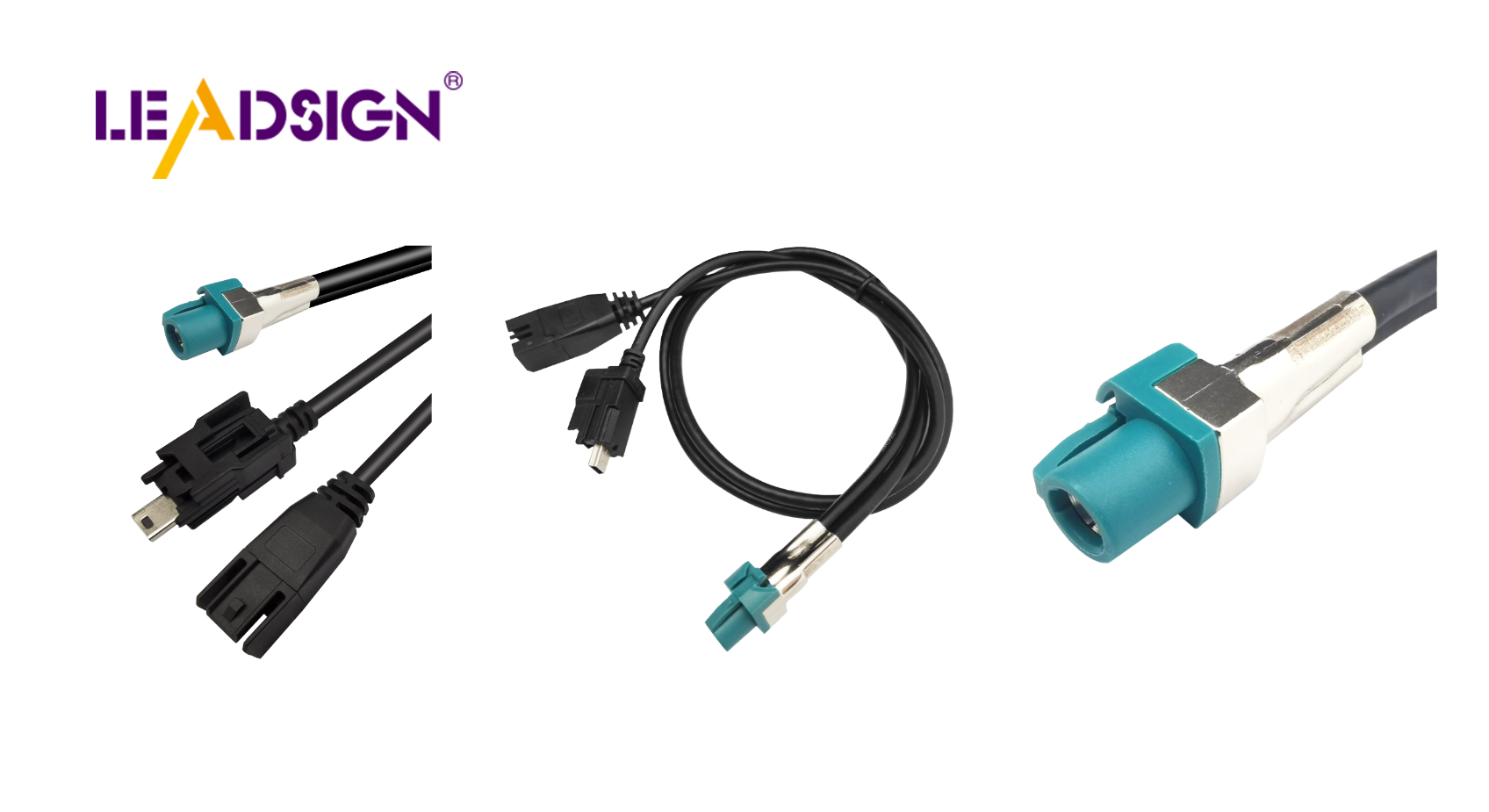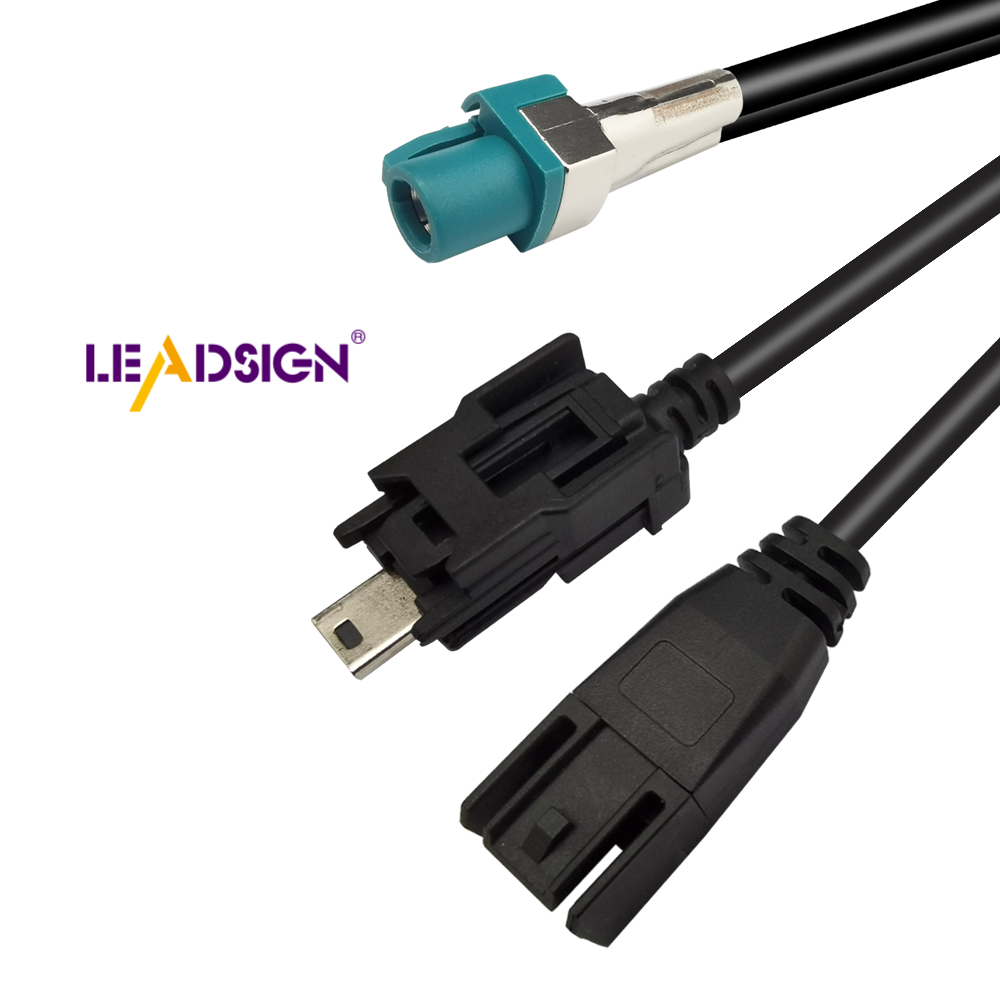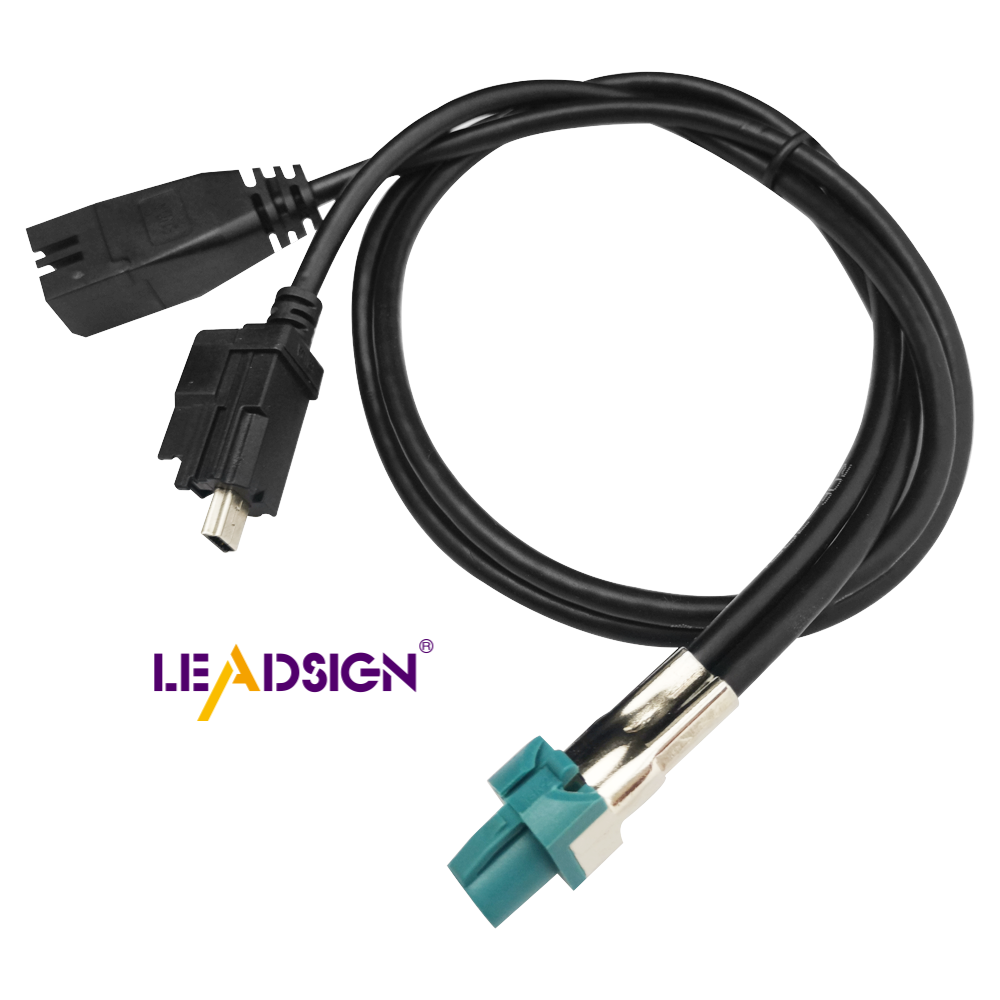Mastering Automotive Electrical Connectors Types for Efficient Wiring

Understanding the different automotive electrical connectors types is crucial for effective car repairs. These connectors ensure that wires function properly, impacting the safety and performance of your vehicle. By familiarizing yourself with these connector types, you can create robust connections, preventing electrical issues and enhancing the efficiency of car systems. This knowledge enables you to address wiring problems with ease and precision, resulting in a vehicle that operates more efficiently and has a longer lifespan.
Understanding Automotive Electrical Connectors Types

Knowing about car electrical connectors is important for fixing wires. These connectors come in different shapes and jobs. Let's look at some common ones.
Overview of Automotive Electrical Connectors Types
Blade Connectors
Blade connectors are flat metal pieces that fit into slots. They are used in cars because they are easy and reliable. They make strong connections and are good for quick changes.
Ring and Spade Terminals
Ring and spade terminals connect wires to screws or bolts. The ring is a full circle, while the spade has an open end, making it easy to use. These are great for grounding wires.
Butt Connectors
Butt connectors join two wires together. You put wires in each end and squeeze them tight. They help extend or fix broken wires.
Bullet Connectors
Bullet connectors have a round end that fits into a socket. They are used in cars where quick connections are needed. Their shape keeps them connected even if the car shakes.
Materials Used in Automotive Electrical Connectors
Plastic Connectors
Plastic connectors don't rust and are light. They work well where there's water or chemicals around. Many cars use them because they last long and aren't expensive.
Metal Connectors
Metal connectors carry electricity well and are strong. They're used where it's hot or shaky. These connectors work best when you need something tough.
Ratings and Standards for Connectors
Current and Voltage Ratings
Each connector type handles certain electric levels. Pick the right one for your needs to stay safe.
IP Ratings for Water and Dust Resistance
IP ratings show how well a connector blocks water or dust. Higher numbers mean better protection, so choose wisely based on where you'll use them.
Picking the Best Connector for Your Car
Choosing the right car connectors is important. It helps your car's electrical system work well. Think about a few things to pick the best one.
Important Things to Consider
Power Needs
First, know how much power your car needs. Each connector type can handle certain amounts of electricity. If you use a wrong connector, it might get too hot or break. Always check what your car needs and match it with the right connector.
Weather Conditions
Next, think about where you'll use the connectors. Some are made for tough places like heat or wet areas. If your car goes through rough weather, pick connectors that keep out water and dust.
Connector Fit
Lastly, make sure connectors fit with your car's wires. Different connectors have different shapes and sizes. Wrong ones can cause bad connections or damage wires. Check that they fit well in your car.
Avoiding Mistakes
Too Much Power
Don't put too much power through a connector. This can make them fail and cause problems or fires. Use connectors that can handle what your car needs.
Ignoring Weather
Don't forget about weather when picking connectors. Not thinking about this can make them rust or break down. Choose ones that last in the conditions they'll face in your car.
By knowing these important things and avoiding mistakes, you can choose the right connectors for your car. This makes sure your car's electrical system works safely and well.
Best Practices for Efficient Wiring

Wiring well means more than picking the right connectors. You also need good installation and regular checks to make sure connections last.
Installation Techniques for Secure Connections
Crimping vs. Soldering
There are two ways to join wires: crimping and soldering. Crimping squeezes a connector onto a wire, making it strong. It's fast and trusted in cars. Soldering melts metal to stick wires together. It makes a strong bond but needs skill and time. In cars, crimping is easier and quicker.
Ensuring Secure Connections
To keep connections tight, use the right tools like crimpers and strippers made for car connectors. Clean connectors before using them to avoid bad links. Check each connection by pulling gently on wires; they should stay put.
Maintenance and Inspection of Connectors
Regular Checks for Wear and Tear
Check your car's wiring often for damage like broken wires or rusty parts. These can cause problems or stop things from working right. Fix issues early to avoid bigger troubles later.
Replacing Damaged Connectors
If you see any broken connectors, change them right away. Bad connectors can mess up the whole system. Keep extra ones ready so you can fix things fast.
By doing these steps, your car's wiring will work well and last longer. Good setup and regular care improve how things run and help parts last.
Understanding car electrical connectors is very important. It helps your car's wiring work well. Knowing these connectors stops problems and makes your car better. Use good wiring methods to keep connections strong and safe. Regular checks and right ways to install them make the car's wires last longer. Keep learning about how to use these connectors in cars. This knowledge helps you choose wisely, so your car runs safely and smoothly.
See Also
Enhancing Automotive Efficiency with HFM Connectors
Fundamentals of HSD Connectors in Automotive Sector
Enhancing Automotive Data Transfer with Advanced Connectors

